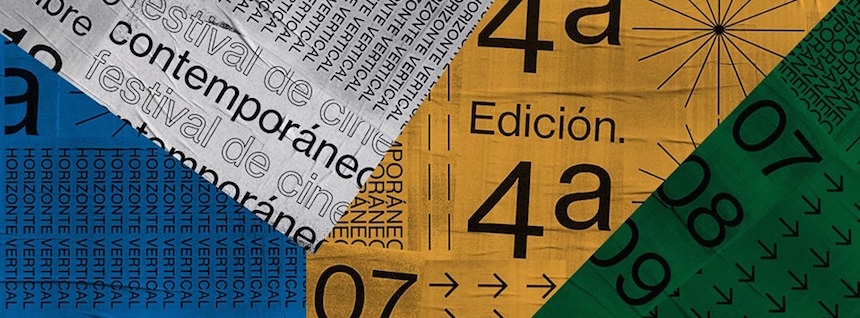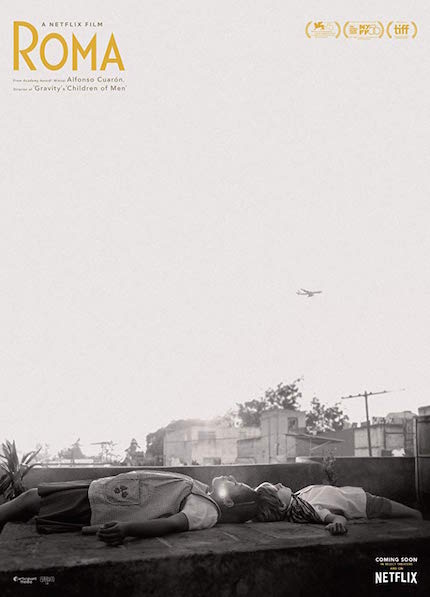Interview: Festival del Puerto Director on the 2018 Edition

From December 7 to 9, the fourth edition of the Festival del Puerto is taking place in Puerto Escondido, a very famous tourist place in the state of Oaxaca. Outdoor movies and the enjoyment of the Bacocho beach is what the Festival del Puerto promises and to learn a bit more about the details of its 2018, here’s our chat with Nino Cozzi, director of the fest (don’t forget to check out their Indiegogo campaign to get tickets for the events and other perks).
ScreenAnarchy: This is the Festival del Puerto’s fourth edition so what do you think is the main distinction of the festival and the key that has keep it going on, specially in a country with many film festivals like Mexico?
Nino Cozzi: The key factor is the location, Puerto Escondido is a place many people have embedded in the nostalgia of those trips made as teenagers. We have outdoor screenings on the beach, which is something that almost doesn’t happen anymore in Mexico. It’s a different way of understanding film exhibition. Aside of the outdoor screenings, we have a very interesting bond with Casa Wabi and the sponsorship of Cinetransformer, which is a mobile cinema with 91 seats that we put on the beach. These are projections of great quality that play with the notion that we usually have of film exhibition.
Aside of this magical location, we do a very serious and meticulous programming work. First, we chose the main theme, then we start watching the materials, then the movies are ready and we start to link them and create a discourse around the stuff we got.
In that sense, which are the goals and the themes that will make this fourth edition different from the previous ones?
From the moment we had the opportunity of screening Alfonso Cuarón's Roma, there was a pretty clear goal of doing a great effort to reach the level of that film technically. That effort has been a motivation for everybody of the festival in order to reach that level.

Aside of Vertical Horizon, which is the main theme, we generated a subprogram, which is about social issues, in a way detonated by Roma.
We have three films that function as an audiovisual representation of marginalized groups: housemaids, marginalized women who had suffered of classism, racism and sexism.
The films are Xavi Sala’s El ombligo de Guie’dani, Lila Avilés’ The Chambermaid (aka La camarista) and Francisco Laresgoiti’s Niebla de culpa.
What are the other highlights from the programming?
We love having a compact programming because every person attending can live the full experience. We open with Roma, then another stellar presentation is Carlos Reygadas’ Our Time (aka Nuestro tiempo). On Sunday the closing film will be Eva Villaseñor’s M.
In these three films there’s a very intense and interesting dialog from three filmmakers, two of them already renowned and one emergent, who present their most intimate discourse.
In M, Eva Villaseñor go back to the discourse and the way of confronting reality through cinema of Memoria oculta, but now instead of looking at herself, she looks at her brother. It’s a gem of a movie.
Our Time is a very interesting case because it’s from a Carlos Reygadas, a filmmaker who has conquered the world, that suddenly bets on a sensible, certainly self-critical film, with a narrative and a form a little bit more conventional.
And Cuarón’s Roma, well, everybody is talking about it. It’s his most personal film.
I think Mexican film festivals must connect with their local audience. At the Morelia Film Festival, usually there are more people from other places, for example. How's the Festival del Puerto connecting with the locals?
There’s two key people, one is Helwig George, the director of the Suites Villasol hotel, who already organized screenings on the beach at the festival’s current official venue, Playa Bacocho. That generated a captive audience that were used to watching movies every Wednesday. We arrived with a radical proposal but little by little we’ve been accepted.
On the other hand, Paola Herrera, a very important producer, lives in Puerto Escondido, had the relation with Casa Wabi, so she connected us to Casa Wabi. This year, she’s helping us precisely to make this edition more local, so we have several strategies, there’s an important work with volunteers as well. All has been very organic, we’ve been growing little by little, firstly we built everything and now it’s time to ask, what do they want? and generate a dialog.







